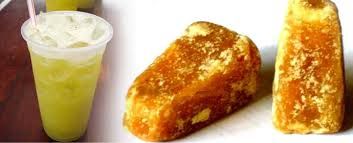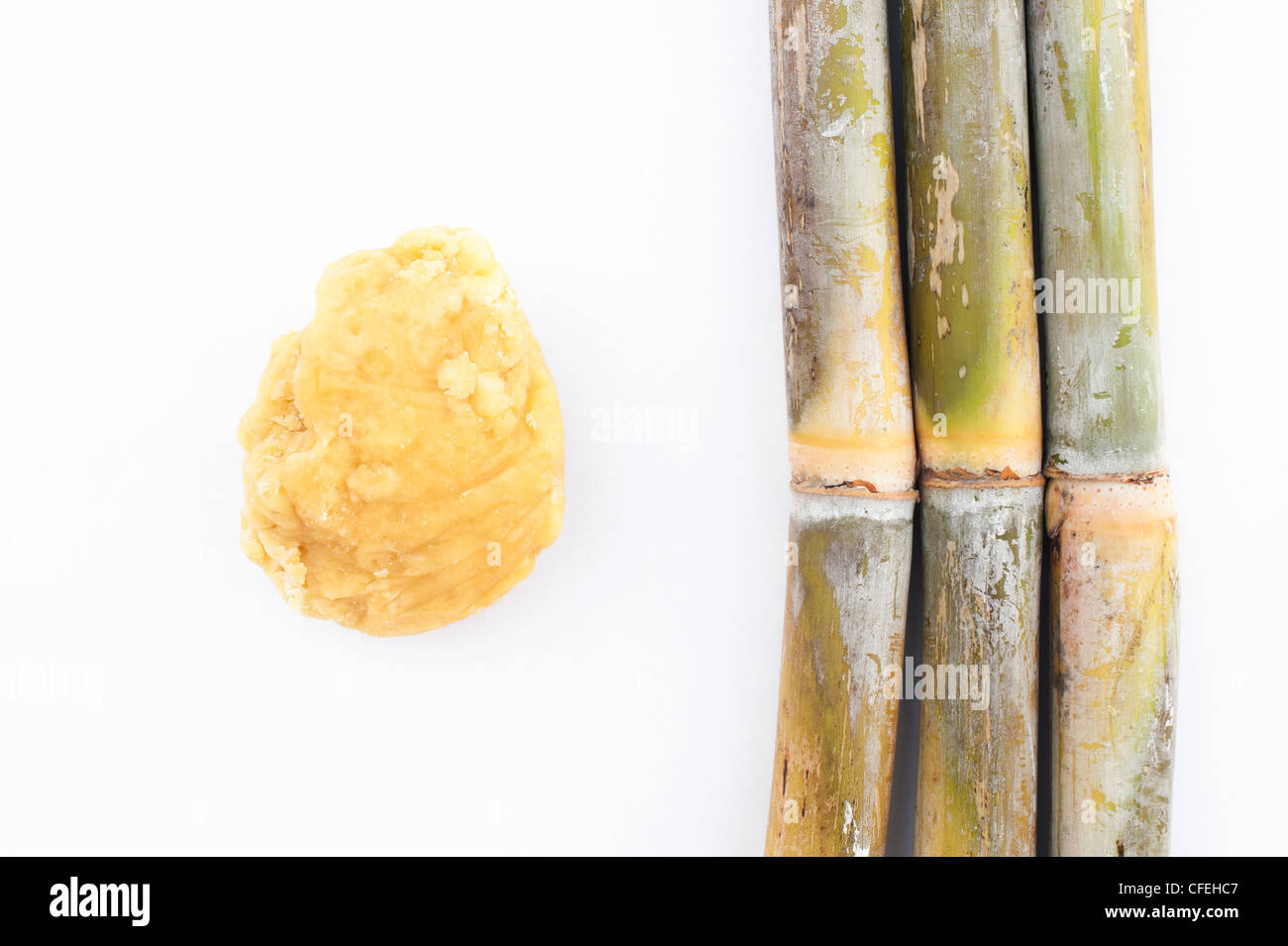From Sugarcane Product to Biofuels: The Multiple Uses of Sugarcane
From Sugarcane Product to Biofuels: The Multiple Uses of Sugarcane
Blog Article
Lasting Sugarcane Products: From Sweeteners to Eco-Friendly Item
The possibility of lasting sugarcane products extends beyond conventional sugar to incorporate a series of environmentally friendly goods, presenting a compelling case for their combination right into modern-day customer practices - sugarcane product. As the world grapples with pushing environmental concerns, sugarcane emerges as a functional source efficient in addressing both nutritional requirements and sustainability objectives. This conversation will certainly check out just how developments in sugarcane cultivation and handling can result in substantial developments in eco-friendly product packaging and eco-conscious fabrics. What effects might these developments have for future consumer choices and environmental impact?
Review of Sugarcane Sustainability
As the demand for eco-friendly items grows, recognizing sugarcane sustainability ends up being progressively essential. Sugarcane, a versatile crop, is grown primarily in subtropical and exotic areas, and its sustainability is vital for both environmental health and financial viability. Lasting sugarcane farming practices focus on decreasing eco-friendly influence while making the most of performance and profitability.
Trick elements of sugarcane sustainability consist of effective land use, reduced chemical input, and enhanced water management. Practices such as plant turning, incorporated pest administration, and organic fertilization add to dirt health and wellness and biodiversity. Additionally, innovative technologies, such as accuracy agriculture, help optimize source usage and reduce waste.
In addition, sugarcane is a renewable energy, with spin-offs that can be made use of in numerous sectors, from biofuels to eco-friendly plastics, consequently decreasing reliance on nonrenewable fuel sources and lessening carbon impacts. Accreditations like the Bonsucro conventional urge sustainable methods throughout the supply chain, promoting transparency and responsibility.

Sugarcane-Based Sugar
Using sugarcane as a key source, sugarcane-based sugar have gotten prominence as natural alternatives to polished sugars and man-made sweeteners (sugarcane product). These sweeteners, stemmed from the removal and processing of sugarcane juice, use a variety of items that deal with diverse customer preferences, consisting of organic and minimally refined options
Amongst one of the most noteworthy sugarcane-based sweeteners are raw walking cane sugar, panela, and molasses. Raw walking stick sugar maintains more of the natural flavors and nutrients discovered in sugarcane, making it a favored selection for health-conscious consumers. Panela, a standard Latin American sweetener, is generated by evaporating sugarcane juice, maintaining its all-natural minerals and vitamins. Molasses, a byproduct of sugar removal, is rich in anti-oxidants and necessary nutrients, working as a nutritious sweetening agent in different cooking applications.
The growing demand for sugarcane-based sweeteners is driven by increasing recognition of health and wellness and sustainability issues connected with traditional sweeteners. By selecting sugarcane-derived products, customers not only support sustainable farming techniques however likewise add to a much healthier lifestyle, straightening their nutritional options with their environmental worths.
Eco-friendly Packaging Solutions
Emerging as a practical option to conventional plastics, naturally degradable product packaging services stemmed from sugarcane are transforming the packaging sector. These cutting-edge products give an eco-friendly choice that resolves the growing concerns over plastic contamination. Utilizing the natural sugars located in sugarcane, producers are developing different types of naturally degradable packaging, including movies, containers, and wraps that decompose extra rapidly than typical plastics.
The key benefits of sugarcane-based packaging lie in its eco-friendly sourcing and its capacity to damage down right into safe by-products. Unlike fossil fuel-derived plastics, which can continue the setting for hundreds of years, sugarcane packaging usually breaks down within a couple of months under appropriate conditions. This decrease in waste not just minimizes land fill overflow image source however additionally lowers the carbon impact related to product packaging products.
Furthermore, sugarcane-derived product packaging maintains durable efficiency characteristics, supplying comparable durability and functionality to standard alternatives. As organizations and consumers progressively prioritize sustainability, the fostering of eco-friendly product packaging services represents a significant action in the direction of a circular economy, where materials are reused and regenerated instead than disposed of. This change not just boosts brand photo but also adds to a much more lasting future for the planet.
Eco-Friendly Textiles and Fabrics
Eco-friendly fabrics and fabrics are getting grip in the fashion and home items sectors as consumers increasingly demand lasting choices to traditional materials. Among the significant choices are fabrics stemmed from sugarcane, which use an eco liable choice to synthetic fibers. These fabrics are generated through a process that uses the renewable energies found in sugarcane, considerably decreasing dependence on petroleum-based materials.

Brands are significantly incorporating green fabrics right into their product, showing a broader commitment to sustainability. This change is not simply a pattern but a necessary advancement in feedback to ecological worries. As the market for lasting fabrics broadens, customers can anticipate ingenious styles that combine design with ecological responsibility. Eventually, eco-friendly fabrics and textiles represent a considerable action towards minimizing the garment industry's environmental impact while catering to the expanding demand for liable consumer options.
Advancements in Sustainable Farming
Transforming farming practices, technologies in sustainable farming are changing the way plants are grown and managed. These improvements concentrate on reducing environmental influence while making the most of effectiveness and efficiency. Techniques that site such as precision farming make use of data analytics and satellite imagery to enhance resource use, making sure that water, plant foods, and pesticides are used just where required. This targeted method not only lowers waste yet likewise improves plant yields.

Furthermore, agroecology, which integrates eco-friendly concepts right into farming, advertises biodiversity and soil wellness. Practices such as crop rotation, cover chopping, and intercropping foster resistant ecosystems that can stand up to bugs and climate variants - sugarcane product. In addition, making use of organic fertilizers and biopesticides adds to much healthier soils and ecosystems

Together, these advancements are not just improving the agricultural landscape but also adding to an extra sustainable future for sugarcane and other crops, straightening agricultural experiment ecological stewardship.
Verdict
Sustainable sugarcane products stand for a significant advancement in environment-friendly alternatives, covering from all-natural sweeteners to biodegradable products. The cultivation of sugarcane with sustainable practices not only enhances environmental health and wellness yet also contributes to economic viability. As look at here now consumer preferences significantly lean in the direction of sustainable options, the flexibility of sugarcane as a sustainable source becomes progressively pertinent. This trajectory emphasizes the importance of continued technology and dedication to lasting techniques within the sugarcane industry, cultivating a more sustainable future.
The potential of lasting sugarcane products prolongs past traditional sweeteners to incorporate an array of environment-friendly items, presenting an engaging situation for their combination right into contemporary customer practices. Sustainable sugarcane farming techniques focus on minimizing ecological impact while making best use of performance and earnings.
Sustainable sugarcane products stand for a considerable innovation in green options, covering from all-natural sugar to naturally degradable items. The cultivation of sugarcane through sustainable techniques not only enhances ecological wellness however additionally adds to financial viability. As consumer choices progressively lean in the direction of lasting options, the convenience of sugarcane as a renewable source ends up being significantly relevant.
Report this page